Climate is changing. Food and agriculture must too.
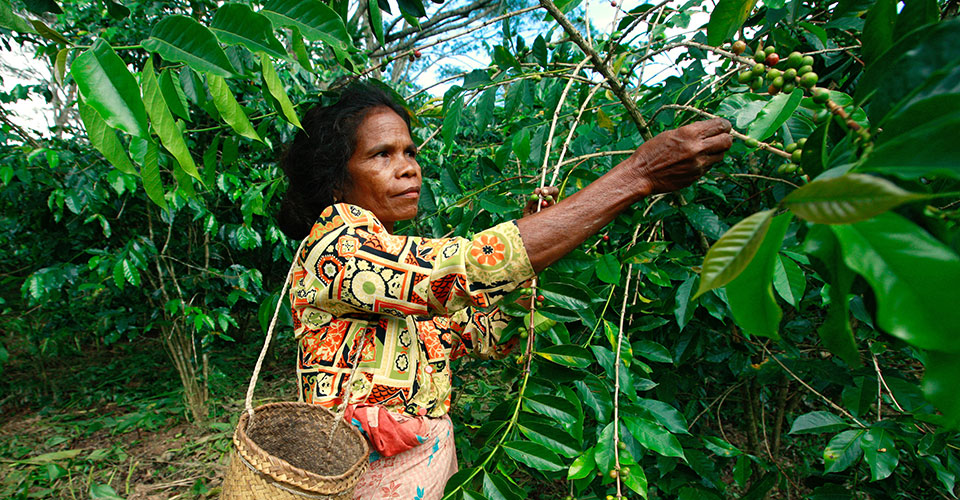
Women and girls in far flung villages are very rarely in the spotlight. From 15 – 17 October, UN Women commemorates three key United Nations observances related to women’s role in development—International Day of Rural Women (15 October), World Food Day (16 October) and International Day for the Eradication of Poverty (17 October).
Rural women’s rights, food and poverty are issues that are inextricably linked. In 2016, the International Day of Rural Women and World Food Day will focus jointly on the theme “Climate is changing. Food and agriculture must too”. A high-level commemoration event will take place at the United Nations Headquarters on 17 October, 1.15 - 2.30 p.m.
Today, farmers, fishers and pastoralists stand on the frontlines of food insecurity as temperatures rise, weather patterns become less predictable and climate-related disasters become more frequent. As key actors in food systems, as small-scale farmers and those in charge of ensuring adequate nutrition for families, rural women are at the centre of this challenge. Yet, their voices are muted; their choices restricted. Women farmers control less land than do men—less than 20 per cent of landholders are women [1] —and also have limited access to inputs, seeds, credits, climate-smart technologies or finance. Whether they stay back to care for their families and communities when environmental degradation or disasters strike, or migrate to find food, safety and decent work, rural women are exponentially more vulnerable and marginalized.
The 2016 theme for International Day for the Eradication of Poverty, “Moving from humiliation and exclusion to participation: Ending poverty in all its forms”, also has special resonance for rural women. The nexus of limited access to resources, inadequate health care and education, systematic discrimination and barriers to their participation exacerbates their poverty.
Empowering rural women is a pre-requisite to fulfilling the vision of the Sustainable Development Goals that aim to end poverty and hunger, achieve food security and empower all women and girls.
Messages
“Changes are on the way for women farmers”
In a statement for International Rural Women’s Day, UN Women Executive Director Phumzile Mlambo-Ngcuka stressed the importance of empowering rural women farmers as agents of change for transforming food production and consumption.
Multimedia
UN Women Stories | Isabel Deitliens – Lychee Farmer
We tell the story of Isabel Deitliens, a Mozambican woman who pursued her dream of becoming a commercial fruit farmer. Isabel took advantage of a UN Women-supported policy initiative that increased Mozambican women’s access to farmland and productive resources. Isabel now owns and operates a successful fruit farm that exports to international markets.
UN Women Stories | Daphne Bayayi – Tobacco Farmer
We tell the story of Daphne Bayayi, a Zimbabwean woman who pursued her dream of becoming a commercial farmer. Daphne took advantage of a UN Women-supported land reform programme that increased Zimbabwean women’s access to farm land and productive resources. Daphne now owns and operates a successful tobacco farms that exports a world-class product onto international markets.
Rural Lebanese women weave economic opportunity while conserving the local environment.
Hima is an ancient practice used by rural communities in Lebanon to ensure economic cooperation, sustainability and equitable resource management. Rural women have traditionally played key leadership and decision-making roles in the Hima community model. Today, one conservation-minded organisation – the Society for the Protection of Nature in Lebanon–is reviving the ancient Hima approach to help rural women reassert their traditional leadership roles in community life.
My rights, My identity (Mere Haq Meri Pehchaan).
'Mere Haq Meri Pehchaan (My rights, My identity)' looks at a gendered understanding of livelihoods focusing on women farmers. Through a pilot implemented in select districts of Bihar and Madhya Pradesh, UN Women and its partner ANANDI have been supporting government functionaries of the National Rural Livelihoods Mission (NRLM) to ensure that its design, implementation and monitoring is more gender-responsive.
Photo essay: In Vanuatu, women tackle drought to restore livelihoods after Cyclone Pam
In the months following the Cyclone Pam, a prolonged El Niño-fueled drought prevented replanting, causing months of crop failure, water and food insecurity and the decimation of the livelihoods of market vendors, the majority of whom are women. Women in Vanuatu are now working to restore their livelihoods and adapt their marketplace to be more resilient to future climate disasters.
Feature stories
Stepping out of the Boma: Maasai women of Tanzania take charge of their own lives and livelihood.
In Tanzania, UN Women and partner workshops have empowered hundreds of Maasai women to acquire land, find additional employment and diversify their economic activities to supplement their families’ income.
Empowering women farmers of Rwanda through mobile technology.
Farmers in Rwanda now know the exact size of their land, can better forecast production and access markets through digital, mobile-enabled platform supported by UN Women and World Food Programme. What’s more, the programme is bridging gender equality gaps in agriculture and ensuring women’s equal participation in the value chain.
Indigenous women in Peru combat climate change and boost economy.
To combat the impact of climate change, the indigenous women of Laramate in Peru have turned to ancestral farming techniques with support from UN Women’s Fund for Gender Equality.
Boosting incomes and hope in rural Mexico and Central America.
María José Schaeffer, a UN Women Programme Analyst in Guatemala who coordinates two multi-country economic empowerment programmes, recounts a recent monitoring mission to Oaxaca, Mexico.
From the Alps to the yurt: Swiss cheese meets Tajik milk bowls
The Cheese Exchange, a UN Women initiative, brought entrepreneurial Tajik and Swiss women cheese makers together to share skills and develop new dairy products for Tajikistan.
Women's economic empowerment critical for safeguarding food security.
The loss of crops in floods caused by Tropical Cyclone Winston has undermined the livelihood of the family who grows it, but also that of market vendors and countless customers who relied on this produce each day.
Join the conversation around the International Day for Rural Women using the hashtag #ruralwomen.
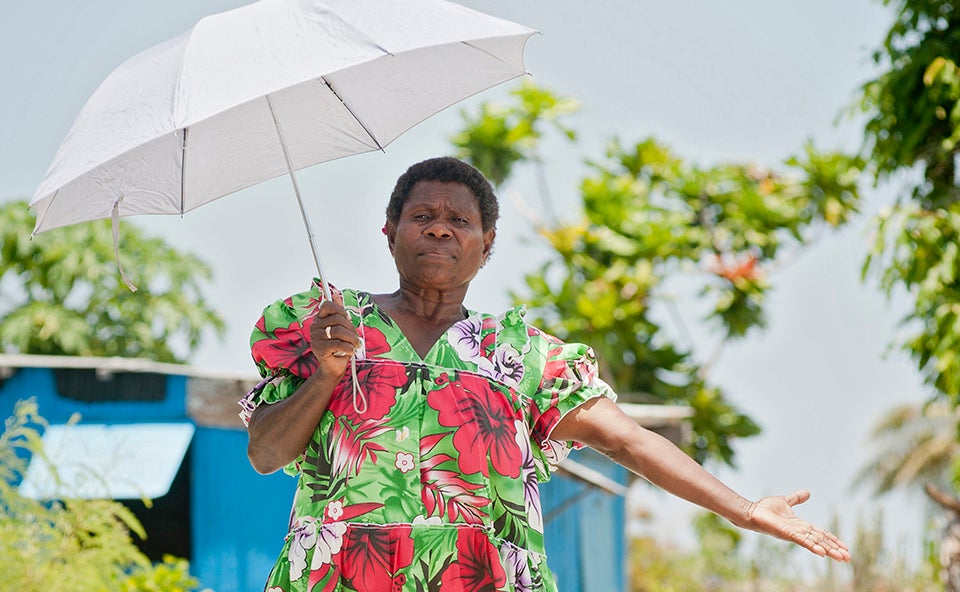
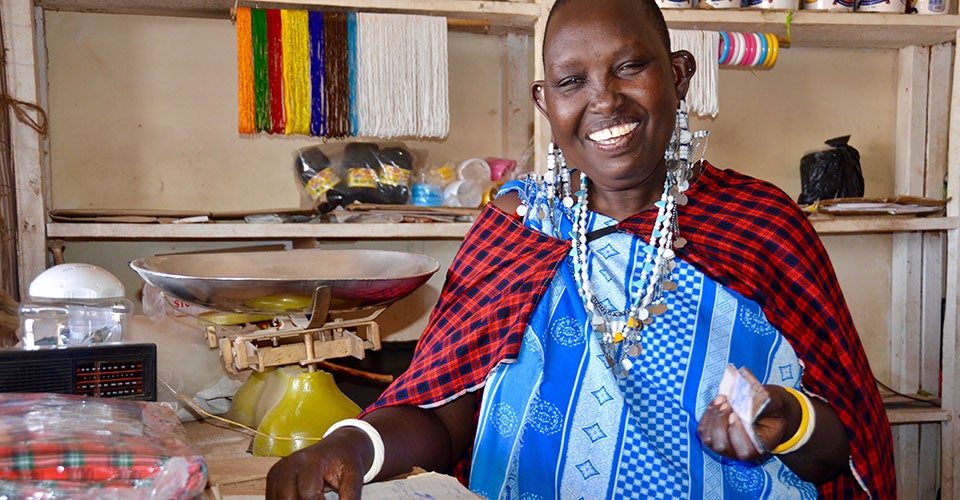
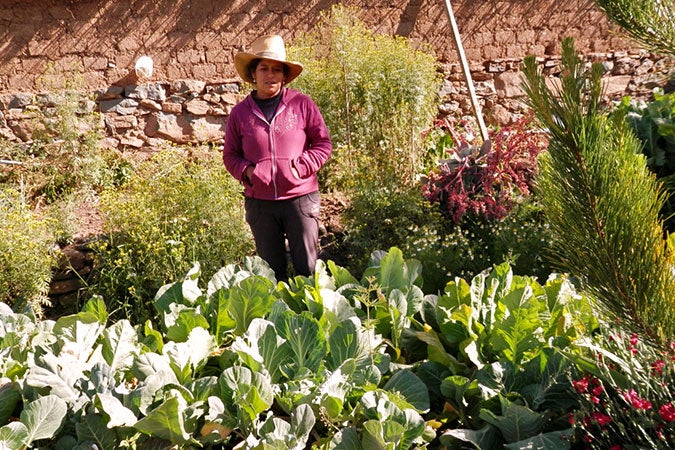
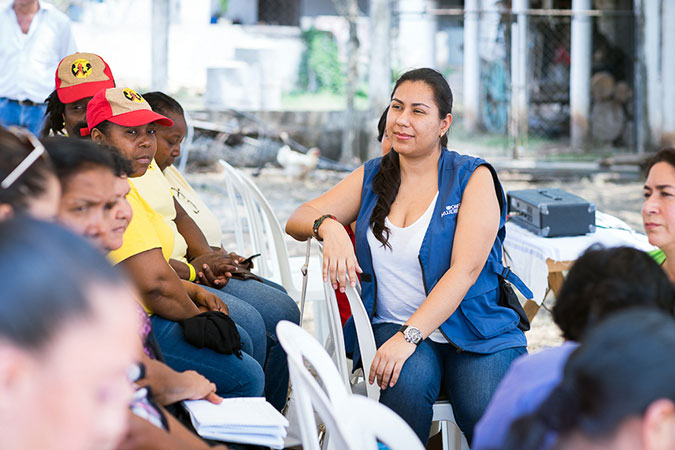
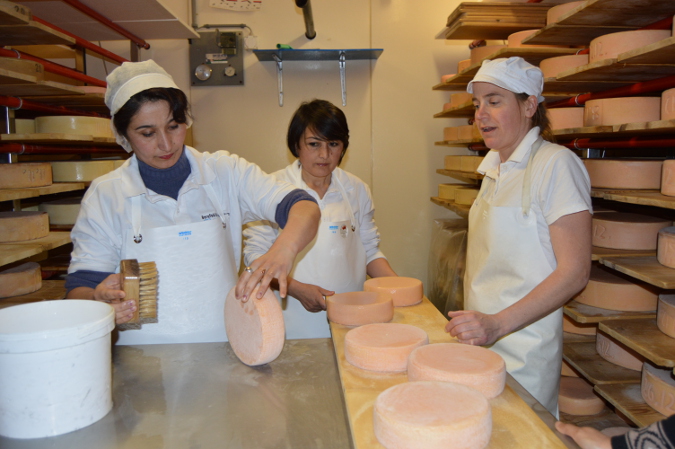
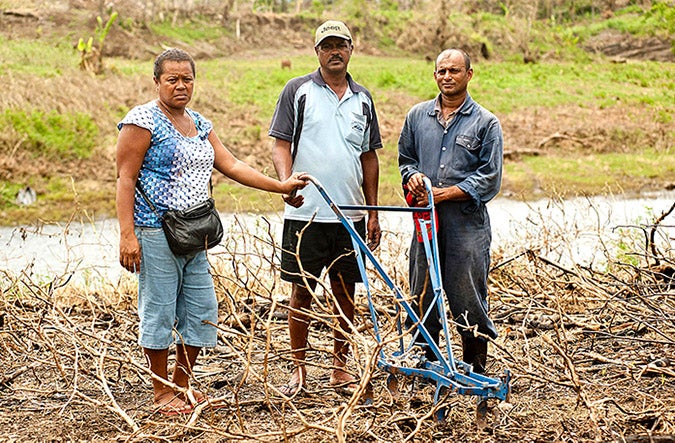


Comments
Post a Comment